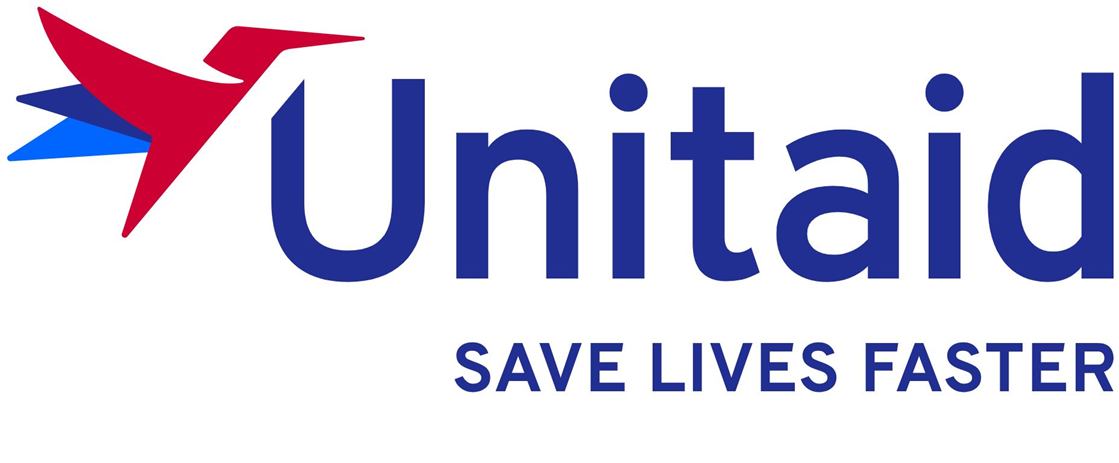ABSTRACT
BACKGROUND: The WHO provides standardized outcome definitions for rifampicin-resistant (RR) and multidrug-resistant (MDR) TB. However, operationalizing these definitions can be challenging in some clinical settings, and incorrect classification may generate bias in reporting and research. Outcomes calculated by algorithms can increase standardization and be adapted to suit the research question. We evaluated concordance between clinician-assigned treatment outcomes and outcomes calculated based on one of two standardized algorithms, one which identified failure at its earliest possible recurrence (i.e., failure-dominant algorithm), and one which calculated the outcome based on culture results at the end of treatment, regardless of early occurrence of failure (i.e., success-dominant algorithm).
METHODS: Among 2,525 patients enrolled in the multi-country endTB observational study, we calculated the frequencies of concordance using cross-tabulations of clinician-assigned and algorithm-assigned outcomes. We summarized the common discrepancies.
RESULTS: Treatment success calculated by algorithms had high concordance with treatment success assigned by clinicians (95.8 and 97.7% for failure-dominant and success-dominant algorithms, respectively). The frequency and pattern of the most common discrepancies varied by country.
CONCLUSION: High concordance was found between clinician-assigned and algorithm-assigned outcomes. Heterogeneity in discrepancies across settings suggests that using algorithms to calculate outcomes may minimize bias.
Access the full article here:
Resource type
Topics




